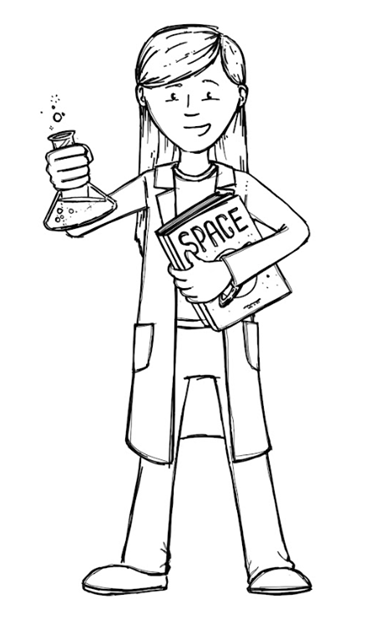Being a Scientist 
We are passionate about science at Longford Primary School and seek to nurture scientific curiosity and an appreciation of science in our ever-changing world. Being scientists, children experience and observe phenomena, they look more closely at the natural and humanly-constructed world around them. They are encouraged to be curious and to ask questions about what they notice. They develop their understanding of scientific ideas by using different types of scientific enquiry to answer their own questions, including observing changes over a period of time, noticing patterns, grouping and classifying things, carrying out simple comparative tests, and finding things out using secondary sources of information. Through science, technology, engineering and mathematical activities, children are able to behave as scientists, making connections between subjects, increasing their understanding and ability to answer scientific questions.
National Curriculum and Assessment
At Longford, we use the National Curriculum, supported by other resources, as basis for planning what we teach within an enquiry. Children are given an enquiry question at the outset, e.g. ‘What is my hat made of?’, ‘How are lives saved?’ or ‘Linnaeus and Darwin- How are they connected?’ To answer these questions, children study as scientists, as well as historians, engineers, and other ‘states of beings’ as appropriate. We encourage children to ask questions as they immerse themselves in the enquiry and let them bring science to life by setting up simple experiments and testing ideas for themselves.
Through our science teaching, we provide learning opportunities that enable all pupils to make progress. We do this by setting suitable challenges within each enquiry. Assessment against the National Curriculum allows us to consider each child’s attainment and progress against expectations for each year group. We use observations, work scrutiny, quizzes and other activities to make teacher assessments. Most children will achieve age related expectations in Science at the end of each school year. For our Foundation children we use the Early Years Statutory Framework as our guide for the child’s attainment.
|